In a time that seems like forever ago, if someone of importance in our society had offended, berated, or even misspoke on a topic, people would give them a chance to own up to their words and mistakes.
Recently, it feels like everyone with celebrity status is being pushed into a corner and is expected to change overnight; this seemed to be the case for talk show host Ellen DeGeneres, anyway.
After facing several scandals ranging from being rude to her television crew to a false claim that she had been placed on house arrest as a result of having links to the late Jeffrey Epstein — who died in jail while being held on sex trafficking charges — her career has been “ended” multiple times this year, and yet she still remains untouched and highly successful.
As Twitter has pushed itself to the forefront of social media platforms over the last couple of years, a new culture has come along with it. This culture? Cancel culture.
Helping to highlight online movements such as #MeToo and more recently Black Lives Matter, the emergence of cancel culture has significantly impacted the ways in which society operates.
This seemingly well-intentioned internet phenomenon has managed to push itself to the center of the conversation, being mentioned at the Republican National Convention in 2020.
President Trump has even claimed that it is “the very definition of totalitarianism, and it is completely alien to our culture and our values, and it has absolutely no place in the United States of America.”
Though the emergence of this phenomenon has had a positive effect and brought several hidden truths into the light, it has also viciously erased the time and tolerance that modern-day society allows for someone to clearly own up to their mistakes and attempt to correct frowned upon behaviors.
Cancel culture is the phenomenon of withdrawing support for authority, political, and celebrity figures based on the actions they commit that are not deemed “popular” by society.
While high authorities such as former President Barack Obama have denounced cancel culture saying, “if all you’re doing is casting stones, you’re probably not going to get that far.”
The culture itself has grown even stronger since he has left office; targeting largely conservative public figures, it seems that every other week there’s a new hashtag trending on Twitter forcing us to reanalyze the way that we as a society stand behind and support certain public officials and influencers.
When it comes to cancel culture, in an interview with the New York Post, psychologist Dr. Jill McCorkel recognized it as a system “designed to reinforce the set of norms.”
While the conservative right believes “canceling” is the modern liberal’s way of impeding on their rights to freedom of speech, any clear and fair analysis of the culture would see that this is not the case at all.
In 2020, there has been a resurgence of cancel culture and the space in which it exists has nearly doubled. The blatant racism of many prominent political and celebrity figures has been being exposed on, what feels like, a daily basis and this exposure can be largely credited to this phenomenon.
The act of canceling is not “censoring” anyone as much as it is holding others accountable.
While it can be agreed upon that casting judgment to make yourself feel better is falling short of making any real or progressive change, the culture has good intent.
It is an internet culture of people bonding together for the greater good of our society and discontinuing the narrative that being of power or status allows you to say and do anything without any being held responsible for the way those words and actions impact other groups, usually minorities.
Simply put, the younger generation is using social media to make a difference in the way that we speak and interact as a society.
America has a long history of degrading and bringing harm to anyone who doesn’t fit the narrative in which elites of the country want to be painted.
From depicting women in a role of “weak,” to degrading and looking down on all races aside from the average white American, cancel culture has been long overdue and should not be denied now that it is here.

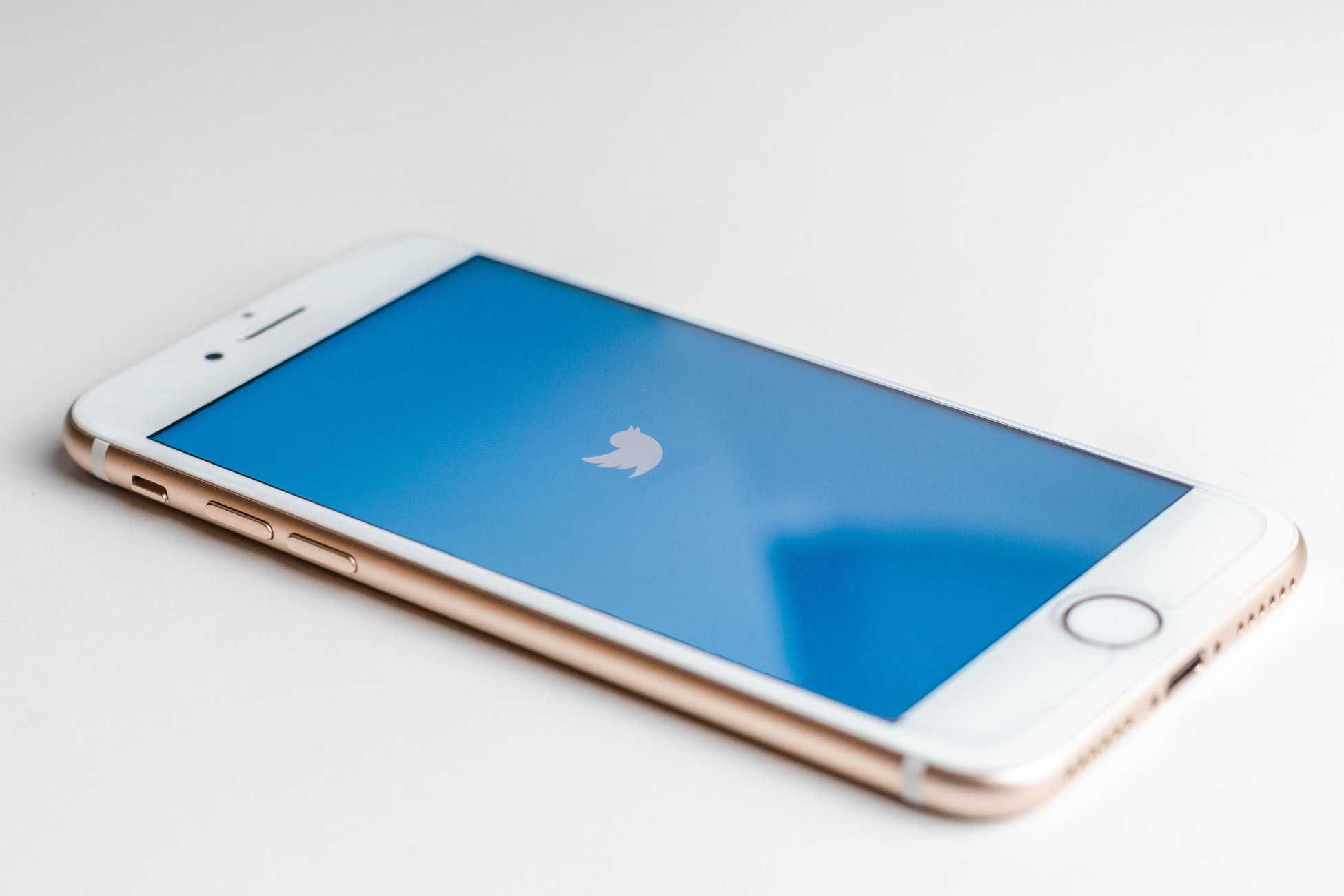
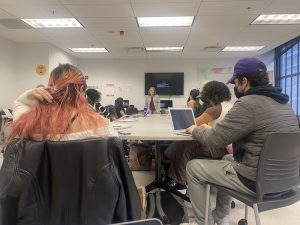


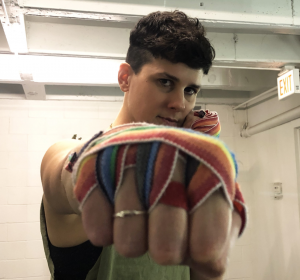



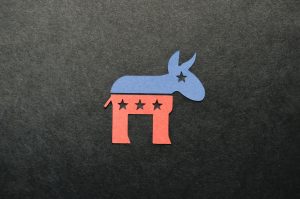
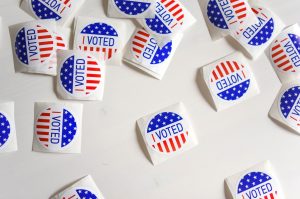
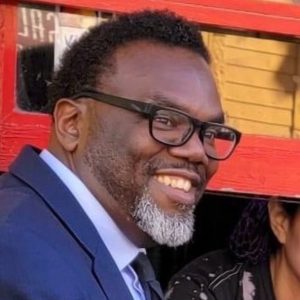
Be First to Comment